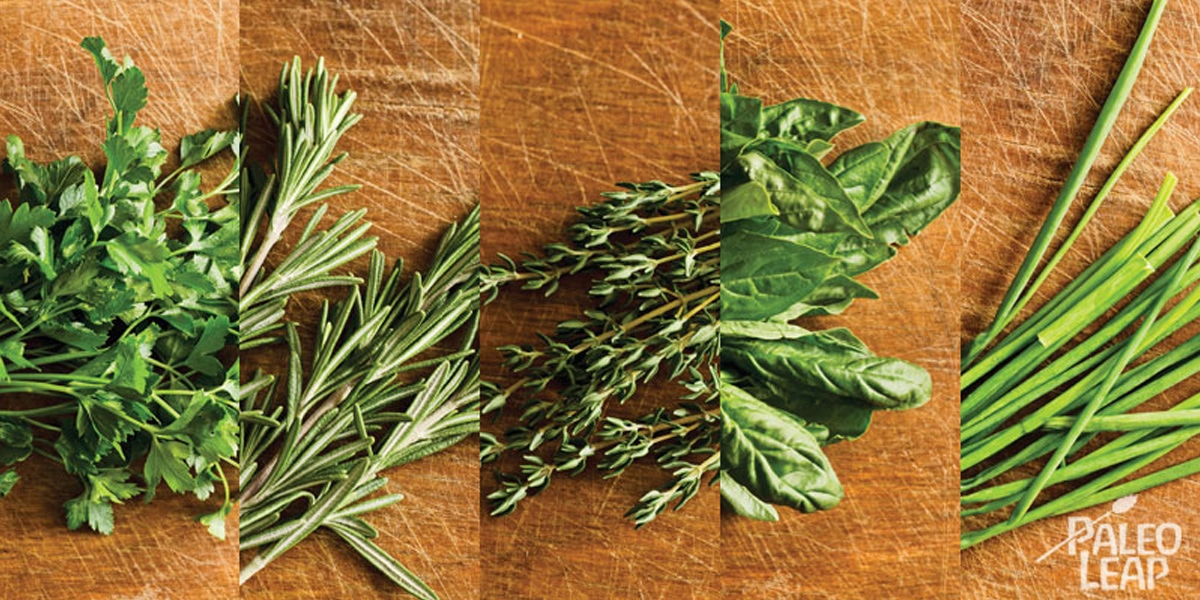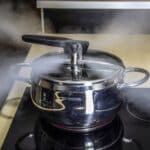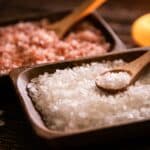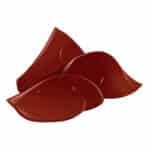
One of the most rewarding things anyone who enjoys cooking can do for themselves is grow a herb garden. There is nothing better than adding fresh herbs to your recipes, both for the taste and for the health benefits. I find that having herbs on hand has also encouraged me to be more experimental with what I am cooking. My hope is that this will help motivate those of you who have yet to give it a try to grow your own fresh herb garden. I will provide you with some simple tips based on my experience and also break-down which herbs are a must have in your selection.
Growing an herb garden is easy enough to start and often only requires minimal maintenance. I didn’t begin my garden from seeds, but from whole plants since I have a great market with local farmers nearby that offer the best variety and quality of herb plants. I also grow most of them in pots. I have very little green space around my home and I find that this provides for easier maintenance. In addition, if one plant is struggling to grow given its position, having them in pots allows you to move them to help stimulate better growth.
It's also now popular to grow fresh herbs indoors, in pots. This allows you to have a tight control to the growth of your herbs and to grow them year round. When growing indoors, two common concerns are light and humidity. Some herbs don't grow well when the air is too dry. If you're not able to place the plants in a room where they'll get about 8 hours of sunlight everyday, special lamps are available to help provide the much needed light.
Here is a list of essential herbs in your garden. They are all very tasty, versatile and they are also all very easy to incorporate into your cooking.
Basil
There are a number of different kinds of Basils available today; however, if you were to take it down to the basics, it’s Green-Leaf Basil that you will most certainly want. This herb is most prominent in Italian cooking, but it has also commonly used in various Thai dishes. In fact, this year I included Thai Basil as part of by garden and I will certainly do it again in the years to come.
Basil is an annual and grows best in a very hot and dry climate. Any cold weather conditions will immediately affect the growth of this plant. If you allow it ample space, it will often spread; however, it does just fine in a pot. It requires water regularly, but not too much at any given time.
Parsley
Parsley is an annual herb that is available in a number of varieties. I have always grown flat-leaf parsley and from what I have been told, this tends to be the easiest kind to both grow and cook with. It is very common in Middle Eastern dishes, as well as European. I have previously grown parsley is pots; however, if you have the garden space for it, I would highly recommend planting it in the ground with some surrounding space to grow. It can grow quite tall and a pot does not support this well. From my experience, it needs to be able to grown horizontally in order to support its vertical growth. In addition, this plant likes sun and moist soil. Frequent watering in small amounts works best.
Thyme
This is by far my favorite herb in my garden. I find that for many dishes, this herb is often the only seasoning required. It is a perennial; however, I have never had success in having it grow back. Furthermore, I find it rather difficult to grow, mainly due to the harsh climate where I live. It requires direct sun and it is best when the soil it’s in is more dry than moist and because of this, it does not require frequent water. I have had the best success planting it in a pot that allows excess water to be drained.
Rosemary

This herb is a perennial and is traditionally used in Italian and Mediterranean cuisine. Every season my Rosemary comes back much larger than the year before. In fact, at the beginning of the season I frequently have to split it and give plants away, otherwise it would not have enough room to grow for the rest of the summer. To stimulate such growth, it needs to be planted in the ground with ample space to grow. Direct sunlight is favorable along with moist soil. However, this herb struggles to survive when over-watered; thus, if planted in a pot, ensure good drainage.
Chives
Chives are a perennial that are also considered part of the onion family. This herb has a wide range of culinary uses. Much like Rosemary, my Chives seem to multiply each season. They also become much larger and heartier in size. This plant enjoys direct sun, along with moist soil. Frequent watering is important, but avoid too much water. If you choose to grown your Chives in a pot, be sure to allow for good drainage.
In conclusion, these were just a few of the herbs that are a must in your garden each year; however, there are so many others that can be included. If you are limited to the number of herbs you can plant due to space or maintenance, be sure to do a little research to make sure you are planting what you would use most based on your culinary preferences.





Leave a Reply